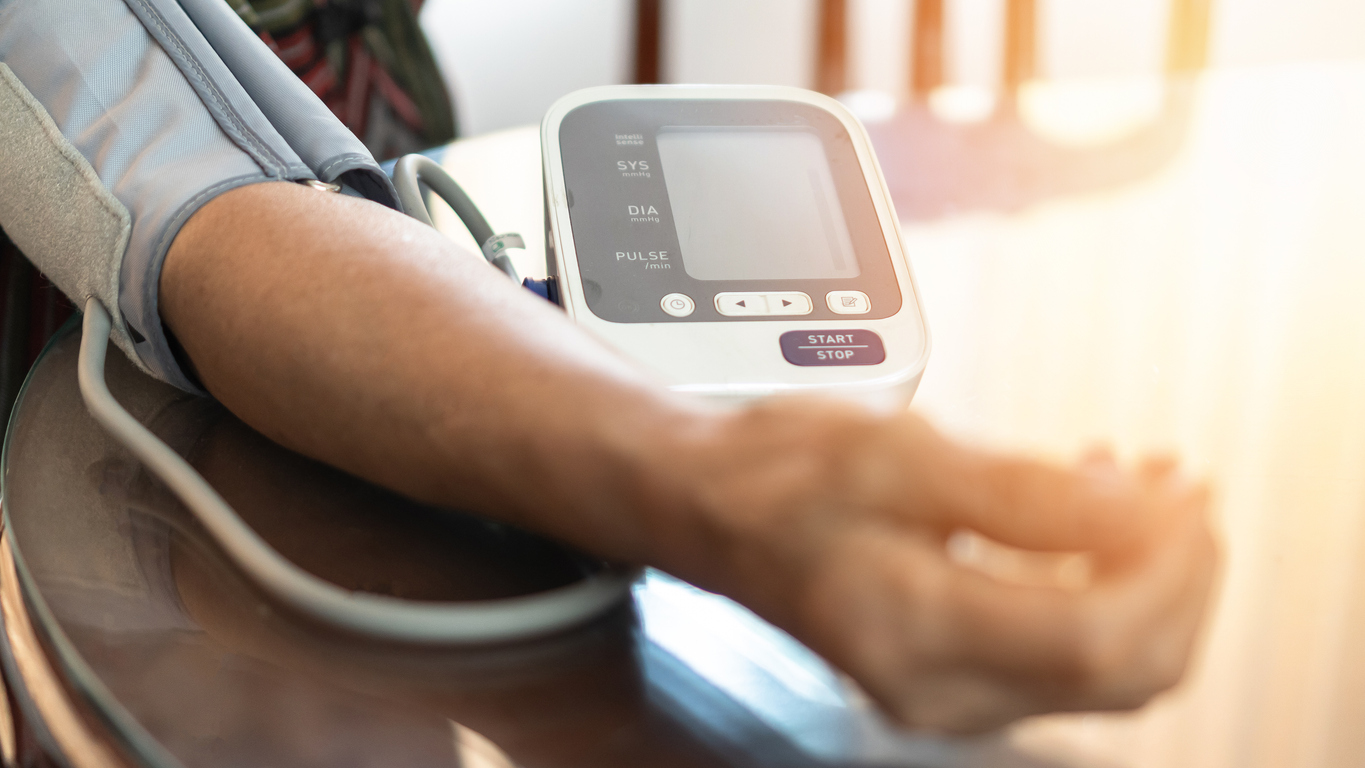Causes
Heart failure is most often a long-term chronic condition. The most common cause of heart failure is coronary artery disease, a narrowing of the small blood vessels that supply blood and oxygen to the heart. Heart failure is present when your heart muscle is no longer able to pump enough oxygen-rich blood out to the rest of your body. As the heart pumping becomes less effective, blood may back up in other areas of the body. Fluid may build up in the lungs, liver, gastrointestinal tract, and the arms and legs.
- Cough
- Need to urinate at night
- Fatigue, weakness, faintness
- Loss of appetite
- Pulse that feels fast or irregular
- Shortness of breath
- Swollen liver or abdomen
- Swollen feet and ankles
- Waking up from sleep
- Weight gain
Monitoring and Self Careo
If you have heart failure, your doctor will monitor you closely. You will have follow-up appointments at least every 3 to 6 months, as well as, tests to check your heart function. Knowing your body and the symptoms that your heart failure is getting worse will help you stay healthier and out of the hospital.
- Watch for changes in your heart rate, pulse, blood pressure and weight/li>
- Limit how much salt you eat
- Limit how much fluid you drink if recommended by your doctor
- Ask your doctor how much alcohol you may drink
- Do not smoke
- Stay active, walk or ride a stationary bike
- Ask your doctor to provide a safe and effective exercise plan for you
- Do not exercise on days when your weight has gone up from fluid or you are not feeling well
- Lose weight if you are overweight
- Lower your cholesterol by changing your lifestyle
- Get enough rest, including after exercise, eating, or other activities
When to Contact a Medical Professional
Call your health care provider if you develop:
- Increased cough or phlegm
- Sudden weight gain or swelling
- Weakness or light-headedness
- Other new or unexplained symptoms

